Are You Confident Your Business Has The Correct Fire Extinguishers Installed?
)
Are you confident that your business has the correct fire extinguishers installed?
Did you know certain extinguishers are made for specific fire types?
There are actually 6 main fire extinguisher types in Australia which can be installed in business premises. The various types of fire extinguishers in Australia are for different types of fire. Because of this, it's crucial that Australian businesses have the right type of extinguisher installed in their workplace. Below are some helpful Information on Fire Extinguishers and training in how to use them for business owners.

So What Are The Types Of Fire Extinguishers And What Are Their Purposes?
Class A
Class A Fire Extinguishers are used for fires that involve paper products, fabrics of textiles, wood-based products, plastics, and rubber-based products. The type of class A extinguishers that fall into this category are Powder ABE, water, foam and wet chemicals.
Class B
Class B extinguishers are used to put out fires that started due to flammable or combustible liquids. In the work environment, this could include chemical-based cleaning products, electrical contact cleaner, and lubricants used for equipment. The class B extinguishes that address these materials include Powder ABE and BE, and foam.
Class C
Class C extinguishers are used for fires started by flammable gases. Circumstances in which these gases are used to operate machinery could lead to a fire or probable explosion. These extinguishers could put out the fire before pressure builds and produces further events. The type of class C extinguishers used for these fires are Powder ABE and BE.
Class D
Combustible Metals Often used in Laboratories
Class E
Class E extinguishers stop electrical fires. This includes events related to electrical equipment that requires electricity or circuit to operate. The class E extinguishers used for electrical-based fires include Powder ABE and BE, carbon dioxide, and vaporizing the liquid.
Class F
Class F extinguishers manage fires caused by cooking oils and fat based products. They address fires that could occur in a kitchen setting of the workplace. Class F extinguishers include Powder BE and wet chemical.
How To Perform Fire Extinguisher Maintenance
Standard AS1851 outlines the Fire Extinguisher Maintenance schedule. Fire Extinguisher Maintenance is a four stage process, this is done to determine if the extinguisher operates properly, requires repairs, or should be replaced. The specifics of these requirements has been outlined and is available to Australian companies. The basics of these stages are as follows:
Stage 1: Stage 1 outlines the series of tests used to determine the operating capacity of the extinguisher. It also outlines schedules for maintenance and testing for the fire protection equipment. Testing doesn't include a pass or fail based results requirement
Stage 2: Stage 2 of the standard outlines report records management. This pertains to all functional activities. It also identifies what information is required for each record.
Stage 3: Stage 3 outlines how to report issues with the equipment to the manufacturer or supplier. It determines if the requirements for re-establishing operations for the equipment was rectified. It also determines how extensive these repairs were.
Stage 4: Stage 4 presents how to prepare annual reports. It also shows how the company should manage any issues that weren't resolved. The annual condition report for all extinguishers is covered during this stage.
Fire Extinguisher Maintenance is essential to ensure the safety and continuity of your business.
What Does Fire Extinguisher Training Cover?
Workers in Australian businesses must be trained on how to use a fire extinguisher so they are able to respond properly to an emergent situation. Good fire safety training must also cover evacuation and escape routes to keep workers safe in the event of a fire. With proper use of fire extinguishers in Australia, managers decrease the possibility for worker-related injuries and property damage. Fire extinguishers also help them maintain compliance with fire and safety regulations.
While there are various types of fire extinguishers, the basic concept for using the device is simple in most cases. It is important for businesses to provide their employees with Fire Extinguisher Training so they are prepared for an emergency. In these training sessions, employees are instructed on the basic use of a Fire Extinguisher.
FCF Fire and Electrical can assist your staff with Online First Response Fire Training and much more. For more information, visit our training information page at https://www.fcfnational.com.au/training.html .
Here Are Some Simple Steps On How To Use A Fire Extinguisher:
- Turn the pressure indicator gauge to the appropriate level.
- Hold the extinguisher by the carry handle or value assembly and squeeze it together while pointing the nozzle in the direction of the fire.
- When using the extinguisher, you must know what the extinguisher is used for varying fire types.
- Electrical fires must be ruled out unless the extinguisher is used for these purposes.
- If they cannot extinguish the fire quickly they shouldn't use the device.
- Do not use the fire extinguisher if you are in danger, or if you have evacuated the building already.
This brief overview is covered in depth during our Fire Extinguisher Training Courses. During fire and safety training, employees learn about opportunities for extinguishing fires. They also learn about the equipment that is suitable for their use. This includes fire extinguishers. FCF can provide fire safety training including how to use a Fire Extinguisher to businesses Australia wide.
As you can see there is a great deal to discuss with regards to Fire Extinguishers in the Australian Workplace. There are different types of extinguishers for different types of fires, it is important to keep up to date with fire extinguisher service schedules and fire extinguisher training so all workers are prepared in the case of an emergency. For all this and more when it comes to Fire Protection Equipment, visit FCF Today.
Essential Fire Extinguisher FAQs For Any Building
Understanding how to use Fire Extinguishers is important for anyone that might have to prevent a fire. Below are some of the top Fire Extinguisher FAQs people may have that can help them understand how to prepare for an emergency and what to do in an emergency. The Fire Protection Authority of Australia provides more information on Fire Extinguishers.
How Many Extinguishers Are Necessary?
The number of extinguishers necessary depends on the size of the building and the types of hazards that might be in the building. Where there may be fires from trash, wood, paper, and any other combustible materials, there should be a fire extinguisher every 75 feet. Where there may be fires from flammable or combustible liquids, there should be fire extinguishers every 50 feet. These are the maximum distances recommended and they can be closer together if necessary inside a building. There needs to be enough Fire Extinguishers accessible in case of an emergency.
What Type Of Fire Extinguisher Is Needed?
This is going to depend on the type of fire that could occur in the building. Different types of fire extinguishers work with different classes of fires so it's important to know what classes of fires the building could potentially have in it to determine the types of extinguishers needed for the building.
Should There Be More Than One Type Of Extinguisher In A Building?
Again, this would depend on the potential classes of fires that could occur. It is possible that more than one type of fire extinguisher will be needed in a building depending on what is stored in the building and what type of business it is. The building owner will need to be aware of this to ensure they have the proper types of extinguishers in their buildings.
Where Should The Fire Extinguisher Be Located?
Every fire extinguisher needs to be located in an area that is easy to find and access. All occupants of the building should know where the fire extinguishers are and should be able to easily find them so they can quickly get to them in case there is a fire. There should not be any empty location, even for a short while when one of the fire extinguishers will need to be repaired or replaced. An empty location can make it more time-consuming for a person to find one and could mean the fire is no longer able to be controlled by the fire extinguisher once one is found.
Is There Training Necessary To Learn To Use A Fire Extinguisher?
It is a good idea for those who may need to use the fire extinguisher to be trained on how to choose the right fire extinguisher and how to use it if there is an emergency situation. This helps them to be able to use the correct fire extinguisher and to take the proper steps to have a higher chance of stopping the fire. It also helps them learn what other fire safety equipment can be used with the fire extinguisher and how to tell if the fire is not too large for the fire extinguisher to be successful.
Does A Fire Extinguisher Need To Be Inspected?
Yes. All fire extinguishers in the building should be inspected every six months. This fire equipment maintenance includes other types of fire safety equipment as well so they can all be done during the same inspection. It's a good idea to do an inspection once a month to ensure the fire extinguishers are in place and have not been used. The monthly inspections don't require the help of a professional, though there should be a professional to carry out the inspections.
Who Can Perform A Fire Extinguisher Service?
The person who is going to do the inspection should be properly trained to carry out the inspection. Although there are no laws requiring training or licensing, it's recommended the inspection is done by someone who is trained, licensed, and insured. For information on fire safety equipment consult a professional fire safety company such as FCF. We are licensed and insured and can solve problems and maintenance issues which may arise during the inspection.
Does A Fire Extinguisher Need To Be Pressure Tested?
Fire extinguishers can degrade over time. A pressure test means they will be emptied and then taken apart to be inspected to ensure they are still functional. They'll then be put back together and refilled. This needs to be done once every five years and is a more thorough inspection than the one that is done routinely.
Is There A Way To Tell If The Fire Extinguisher Has Been Used?
There is not always a way to tell if the fire extinguisher has been used. However, one method of figuring this out is to look at the fire extinguisher's hose to see if there is any powder at the end of it. If there is, it has likely been used and will need to be inspected and refilled.
When Is It Safe To Use A Fire Extinguisher?
It is safe to use a fire extinguisher when the fire is still small. Although they can cover quite a bit of space before running out, it's a better idea to leave and seek a safe area if the fire becomes too large or starts to spread despite the fire extinguisher.
Need Help With Fire Extinguishers For Your Business?
FCF can supply, install and maintain fire safety equipment Australia wide. We ensure full fire safety compliance to the highest standard. If you would like to find out more about how we can help you, contact us today for a no obligation free quote.

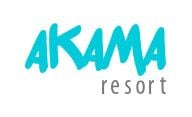)
)
)
)
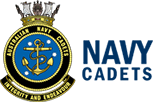)
)
)
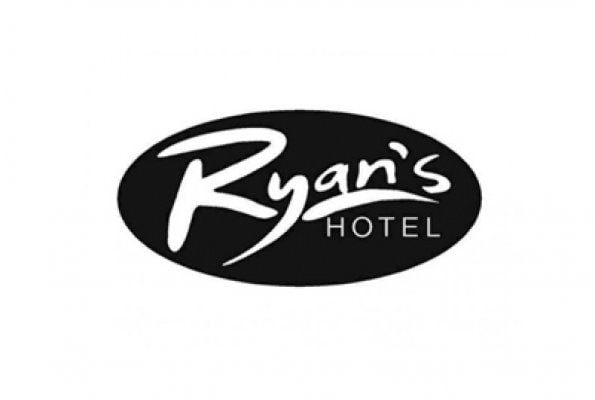)
)
)
)
)
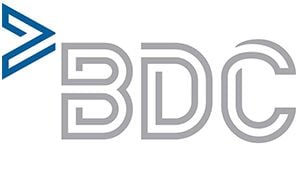)
)
)
)
)
)
)
)
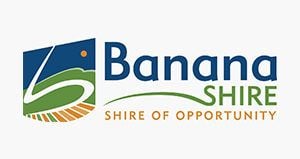)
)
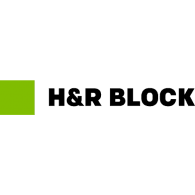)
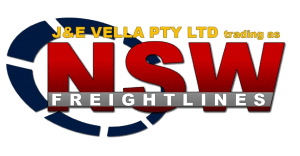)
)
)
)
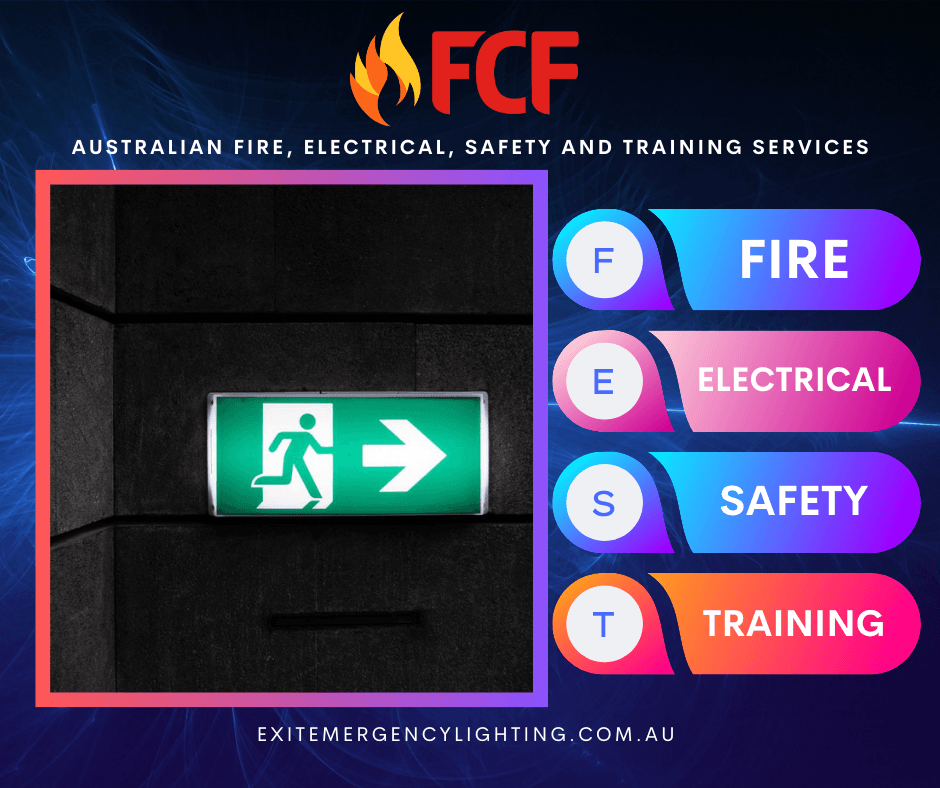)






